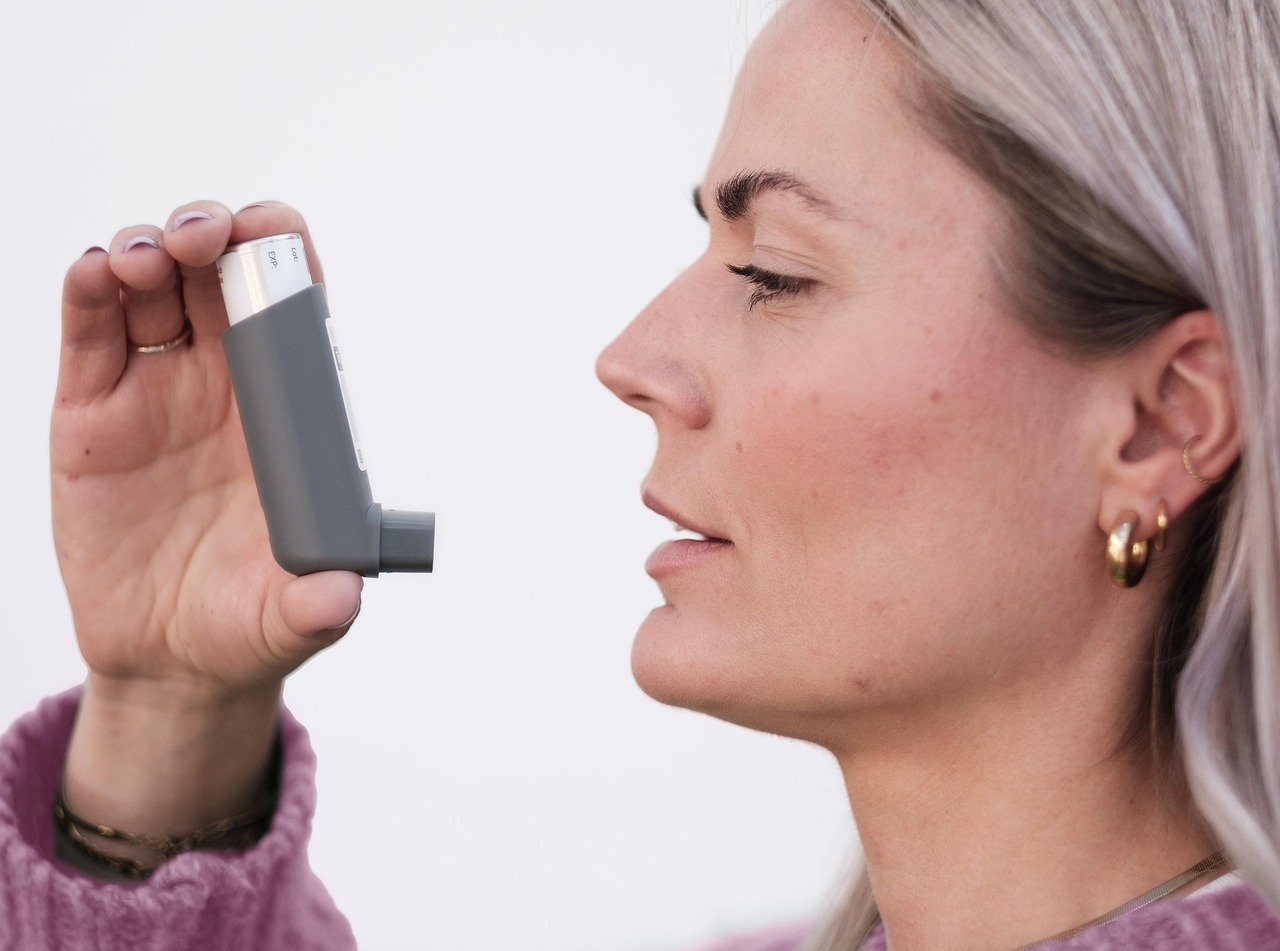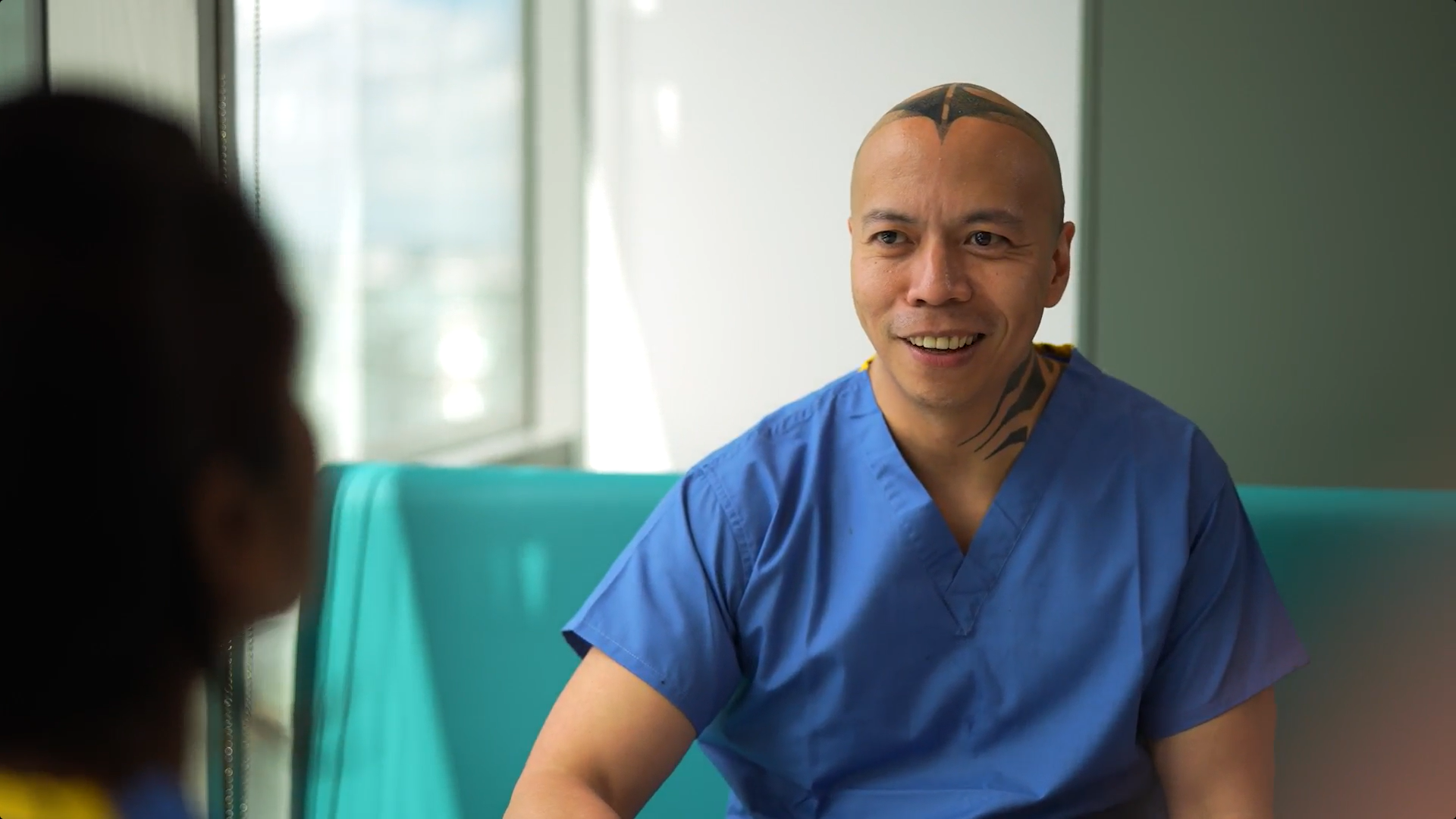Clinical trials play an important role in helping to ensure new drugs can be discovered, tested for safety and efficacy, and ultimately make their way onto the market. Over a million people took part in clinical trials during 2022/23, with over 6,000 studies taking place. Understanding important factors like who is eligible for clinical trials can help you determine if you can contribute to the advancement of the medical industry.
In this article, you’ll discover some of the most important factors related to clinical trials, including things to know before you decide to sign up for one.
What are clinical trials?
A clinical trial is a type of medical study that tests the use of a pharmaceutical drug, medical device or other advancement in the healthcare industry on human participants. There are different kinds of clinical trials. The goal is usually to get more data regarding how safe a drug, procedure or device is, as well as to determine its efficacy, especially compared to what’s already available. These trials play a really important part in the medical industry. A clinical trial relies on human volunteers who are willing to participate. The data that the researchers collect is useful in advancing drug research and discovery, as well as helping to bring newer, more efficient treatments to the market. Understanding clinical trials is crucial before you decide to take part in one.
Who can take part in clinical trials?
Every clinical trial has its own specific design. This is why it’s important to understand that the criteria for participating can vary from one trial to another. However, there are common factors that these trials tend to consider. These factors include your age and gender. Since many studies will consider the efficacy of a pharmaceutical product in treating a condition, you may also need to have the disease or condition to be eligible.
Your medical history also plays an important role in determining your eligibility and how safe it is for you to join the trial. This is why you should consult your doctor before deciding to enrol in one of these trials. Your healthcare provider can determine your eligibility and evaluate the potential risks based on your current health status.
How are trials designed and run?
A clinical trial requires detailed planning and a team of professionals before it can begin. When a company wants to create a study, it will need to ensure there are healthcare professionals who can oversee the administration of drugs or the use of medical devices. Regulatory bodies also need to be brought in, as well as researchers who are experienced in running clinical trials. The regulatory bodies will ensure the appropriate steps are followed to remain in compliance with regulations. Researchers help to screen patients, as well as assist in the recruitment process. They also help to collect data and observe progress throughout the trial period.
The planning process involves defining a complete protocol outline for the entire study. This document will include details about the objective of the study, the methods that will be used and the procedures that researchers and others involved in the trial will follow.
What are the phases of a clinical trial?
There are different phases of clinical trials. It’s important to understand the role and purpose of each phase, as this will help you better understand what to expect from any trial you’re interested in:
- Phase 1: The first phase focuses on evaluating the safety of a new drug or medical device. A small group of people are involved, with typically fewer than 100. Apart from safety, a phase 1 clinical trial can also help researchers establish the effects and safety of various doses.
- Phase 2: The second phase involves a group that’s a bit larger, usually involving 100 to 300 participants. It is used to determine the efficacy of the drug or medical device, as well as to document side effects. This phase can last up to two years.
- Phase 3: At this point, the clinical trial needs to compare the intervention that’s being tested as part of the study against conventional treatments that are currently used. There can be thousands of participants involved in phase three.
- Phase 4: Once the intervention is approved and goes to market, the company may still conduct clinical trials to gain additional details about the long-term use of the drug or device.
Are you thinking about joining a clinical trial?
While clinical trials are very helpful to the medical industry, there are some important things you need to know, like how safe clinical trials are, before you decide to enrol.
It’s a good idea to review all of the information that a clinical trial offers you. This includes leaflets that the staff members hand out. It’s also important to carefully review the consent forms and any other documentation that you need to sign before you can enrol.
It’s important to make sure you have a complete understanding of the trial. You need to know why they are doing the trial and the risks that you may face. Also, consider the benefits that the trial may offer.
Apart from reviewing the documentation and leaflets, you should also speak to the staff who are involved with the clinical trial. Ask any questions about things you’re not sure about. If you have medical concerns, talk to your healthcare provider. You should always ensure you have all the information you need about a trial before you sign the consent forms and confirm your enrolment.
What happens during a clinical trial?
Understanding important questions like how do clinical trials work is important. This ensures you know what will happen once you decide to enrol.
It usually starts with a screening process, where researchers and other staff members will conduct an interview with potential candidates. During this interview, you should be honest and ask any questions that you might have.
After the interview, the following things usually happen if you are eligible:
● You’ll need to provide informed consent.
● Treatment will be provided or administered, depending on what the trial is testing.
● You’ll need to return to the clinical trial centre for follow-up visits.
Data will be collected during the entire process, as it is used by the researchers to create reports.
What else should I know?
One of the most important things to know about a clinical trial is what the researchers are doing. This includes why they are performing the trial. However, there are other elements that you should also consider. This includes the safety of the drugs or devices used during the trial.
If it’s already a phase two or higher clinical trial, then be sure to ask the staff about the side effects that were noted in the previous phases.
The goal here is to make sure you are well-informed before the study starts. You also have the right as a participant to withdraw and should bring up any concerns, adverse reactions or questions that you have with the staff members who are conducting the clinical trial.
What next?
Clinical trials are important to ensure that the safety and efficacy of drugs can be tested. However, it’s important that you fully understand what’s involved in the process, how it works and what you should expect. If you’re interested in enrolling for a paid clinical trial and want to learn more about how the process works, be sure to get in touch with FluCamp. You can also contact FluCamp if you have any questions about clinical trial safety or other questions you might have.
















